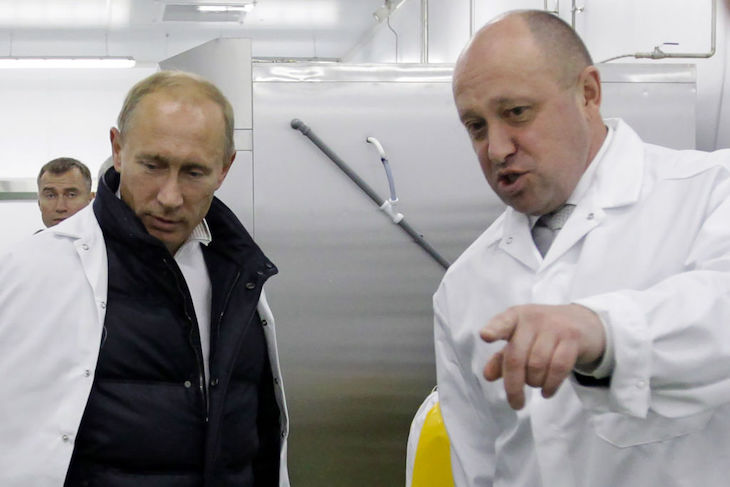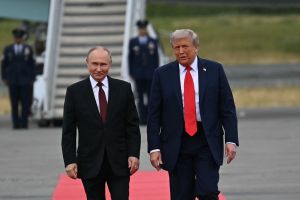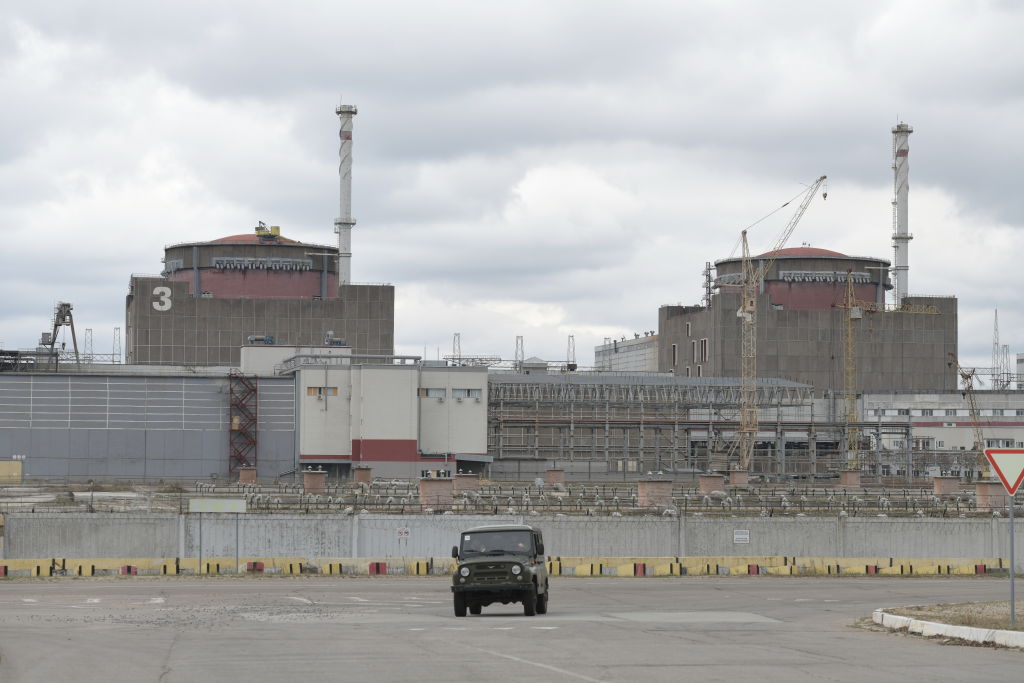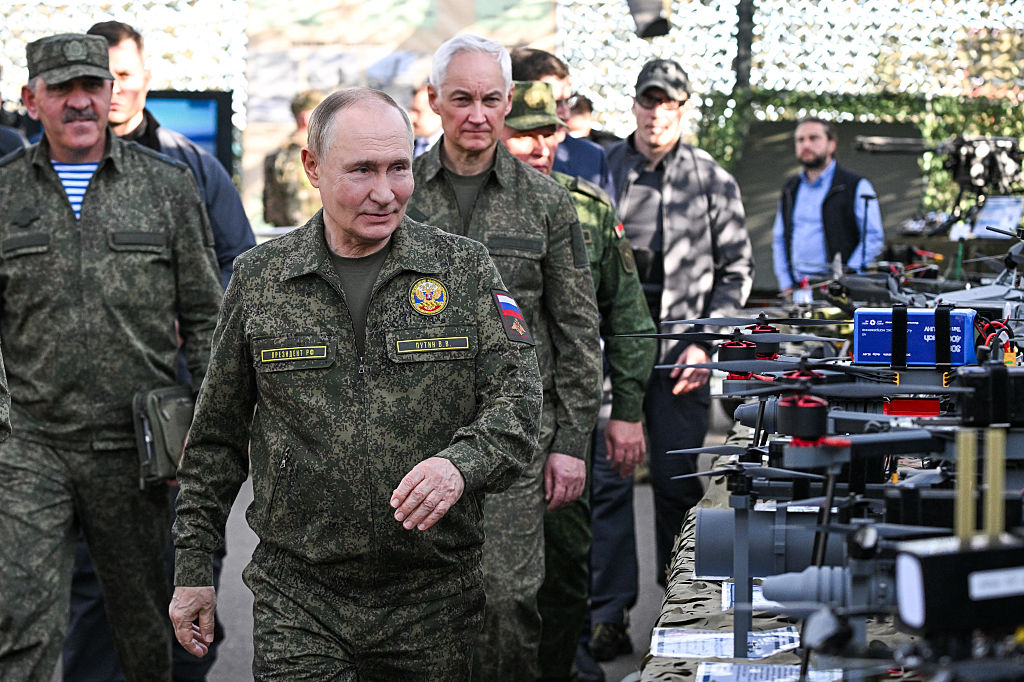He huffed, and he puffed, and he damn near blew his own house down. The way Yevgeny Prigozhin, the man behind the Wagner mercenary force, was forced to walk back his threat to pull out of the fighting for Bakhmut is a reminder of the divided nature of Russia’s war effort in Ukraine.
Prigozhin has periodically and publicly called out defense minister Sergei Shoigu and chief of the general staff Valery Gerasimov for their alleged walk-back of support for Wagner. But on Friday, he escalated with two expletive-laden videos posted on social media.
In the first, he pointed at the corpses of dead soldiers and bellowed: “Shoigu, Gerasimov, where the fuck is our ammunition?” He continued: “You scum sit there in your expensive clubs. Your kids are all getting off on life, recording their little YouTube videos,” in a dig at Shoigu’s son-in-law, Alexei Stolyarov, a popular fitness blogger.
In the second, he threatened that Wagner would pull out of the contested city of Bakhmut — where they have been at the forefront of the fighting — by May 10 unless the ammunition shortages were addressed, because otherwise his men were “doomed to a senseless death.”
To withdraw from the fight would have been treachery in Putin’s eyes
This was more than a little theatrical. He is genuinely frustrated by Wagner’s losses in the slow grind across Bakhmut, and believes he has been hard done by, even if, in fact, any reduction in ammunition supplies is not direct vindictiveness but a general rationing ahead of the anticipated Ukrainian counter-offensive.
However, realistically, Prigozhin couldn’t pull Wagner out of Bakhmut. In practical terms, they depend entirely on the military for strategic mobility, and would have had little option beyond simply walking home. More to the point, it would have been suicidal for Prigozhin in political and economic and perhaps even literal terms. His sprawling business empire depends almost entirely on the patronage and indulgence of the Kremlin, and his enemies are numerous and sharp-toothed.
Although Prigozhin has known Vladimir Putin since their days in St. Petersburg in the 1990s, he is not a personal friend; his rise was based on his being useful. To withdraw from the fight would have been treachery in Putin’s eyes; he has long held the view that, while one may one day reach a deal with an enemy, a traitor is simply to be eliminated. Priogozhin, an ex-con who prides himself on embodying the tough and ruthless code of the labor camp insider, knows this full well.
Instead, his online tirades were likely both an obligatory kick at Shoigu and Gerasimov while they might have been down, because of the drone attack on the Kremlin, and a way of trying to get through to Putin. They were a plea for more support and also a pre-emptive excuse for not delivering the boss a victory for Victory Day, May 9 in the Russian calendar.
For all that his whole system is based on divide and rule, Putin doesn’t like these open clashes between his security chiefs, and appears quickly to have banged some heads together. Prigozhin soon announced that Wagner had finally received “its first combat order ever, according to which they are promising to give us ammunition and weapons — as much as we need to continue the fighting.” Meanwhile, former overall commander General Sergei Surovikin, who had been demoted in January, has apparently been appointed to liaise between the mercenaries and the regular military.
It looks like a fudge. As with similar spats between Shoigu and Prigozhin, the defense ministry may provide more ammunition and fire support, or may not, but either way Prigozhin has been told to shut up and get back to work. Surovikin’s role is to try and manage the tensions and rivalries between the two, but while he and Prigozhin do appear to be thickset and thuggish cousins under the skin — the general once chewed out a subordinate so badly that he reportedly shot himself in Surovikin’s office — diplomacy is hardly his strong suit.
On one level, this episode and Prigozhin’s explosive rant (already a meme on Russian TikTok) demonstrate his frustration at the way Wagner is suffering losses that it is unable to replace, without yet being able to claim the credit for presenting Putin with a win. With the regular military having been reinforced with mobilised reservists and new mercenary units being formed, including three reportedly bankrolled by gas corporation Gazprom, his status is dwindling.
It is also a reminder of the way the fundamentals of late Putinism, in which rival “political entrepreneurs” compete for the monarch’s favor, are deeply dysfunctional when transferred to the battlefield. The notion of the unity of command is meaningless so long as private armies and rival security forces squabble and compete. Given that it was mooted that mercurial Chechen warlord Ramzan Kadyrov’s Akhmat Battalion could replace Wagner in the front line, maybe Shoigu and Gerasimov are better with the devil they know.
This article was originally published on The Spectator’s UK website.

























